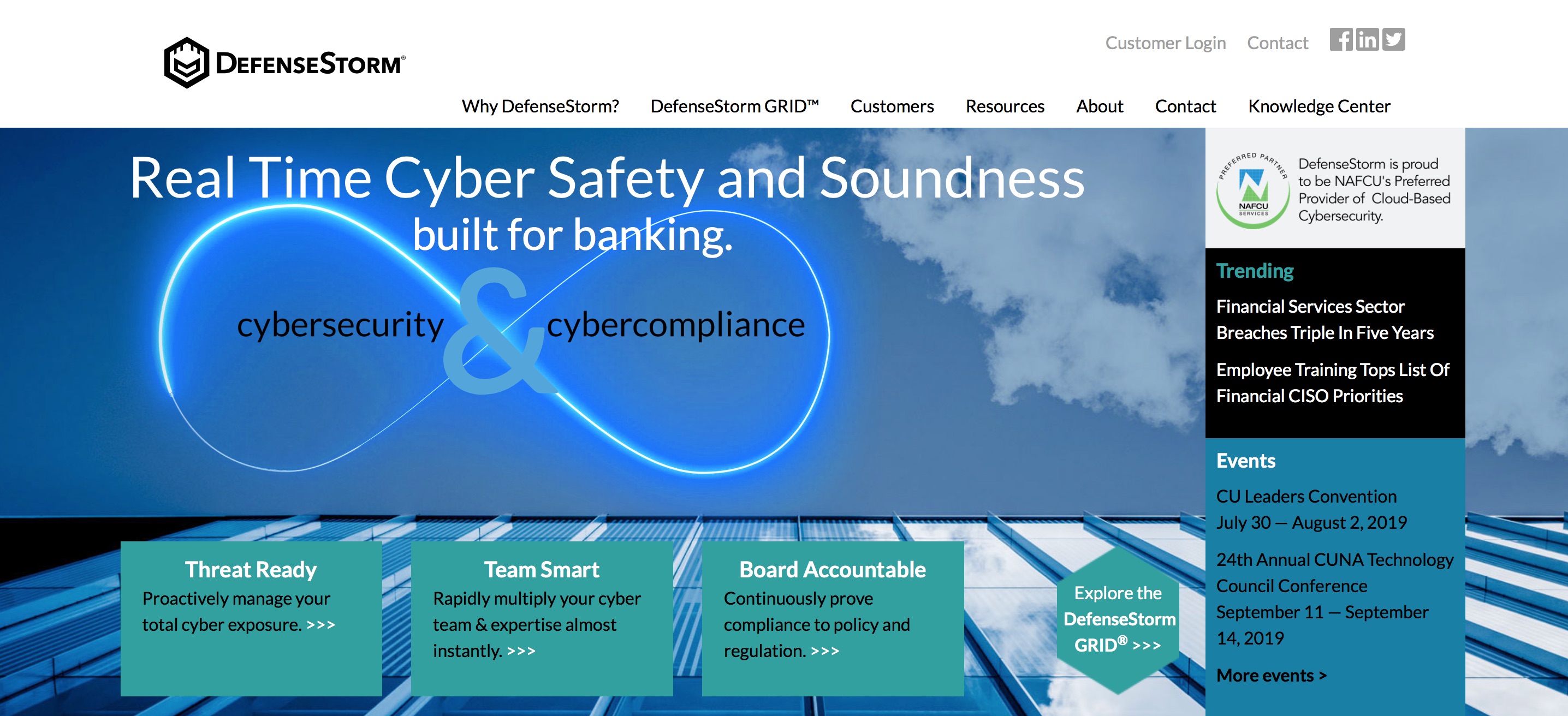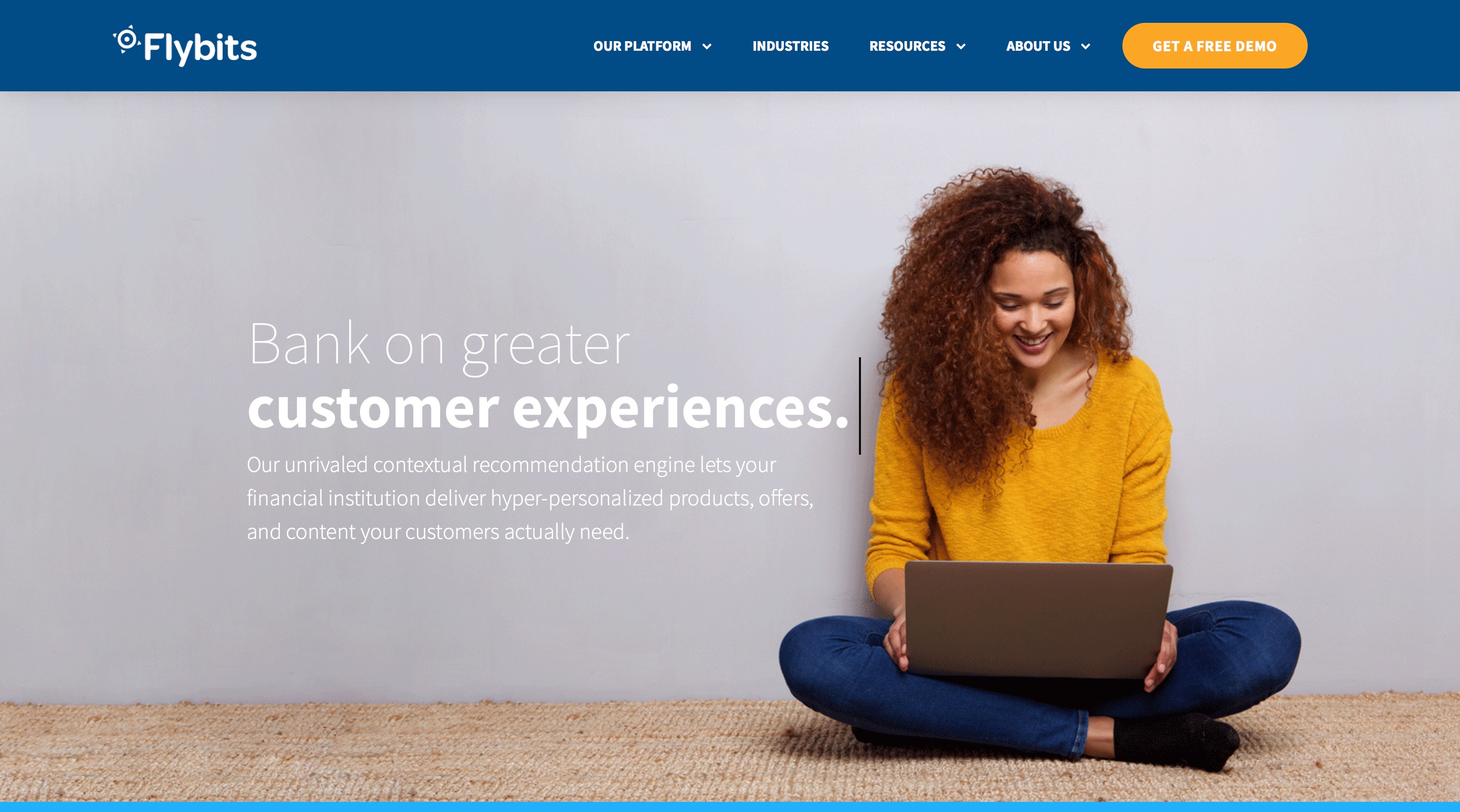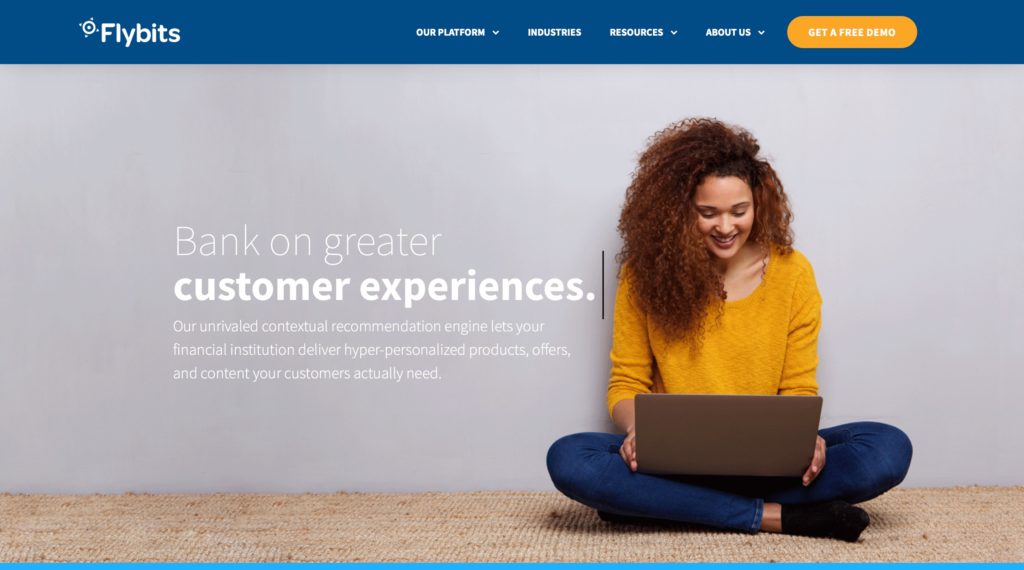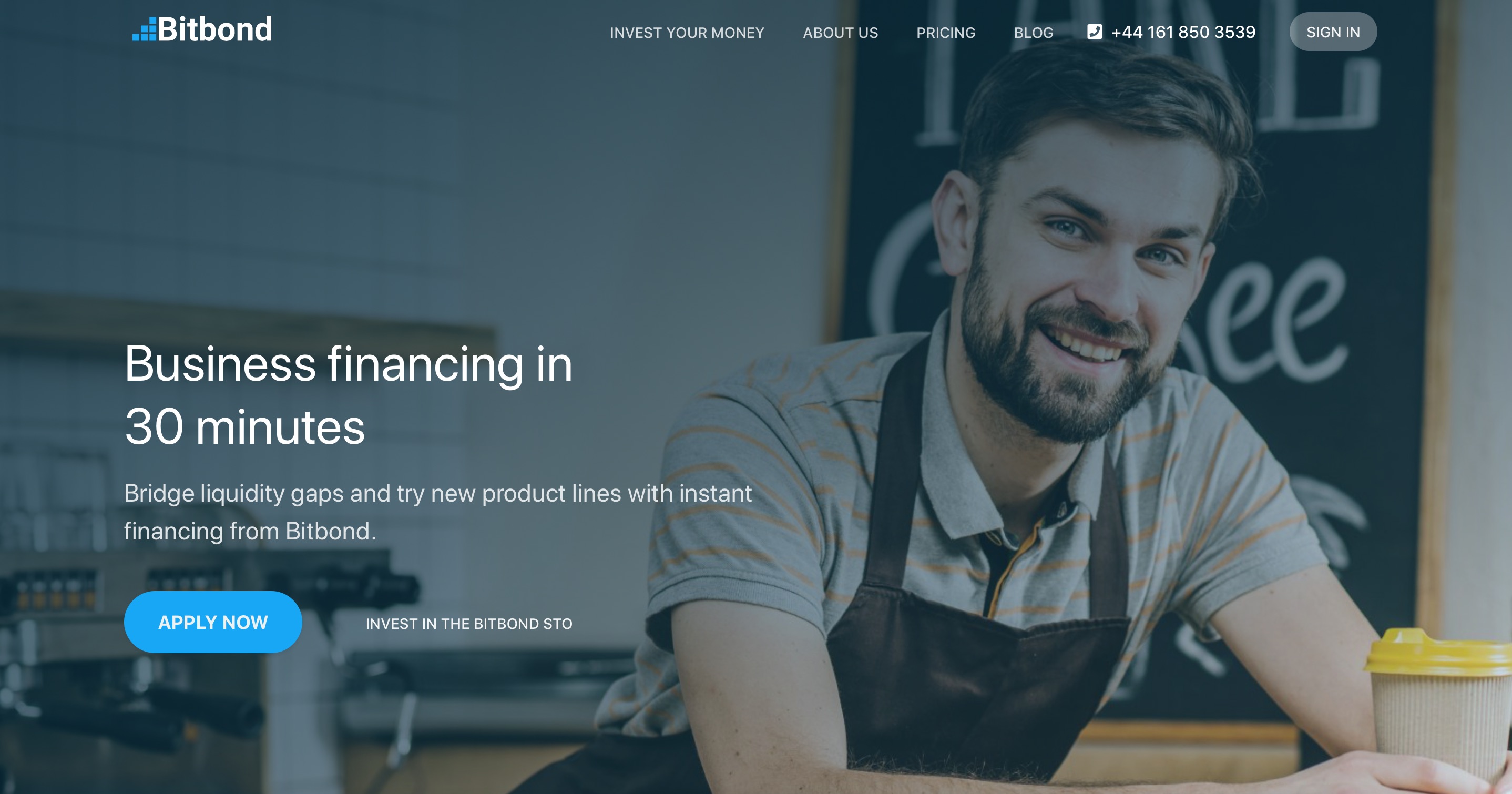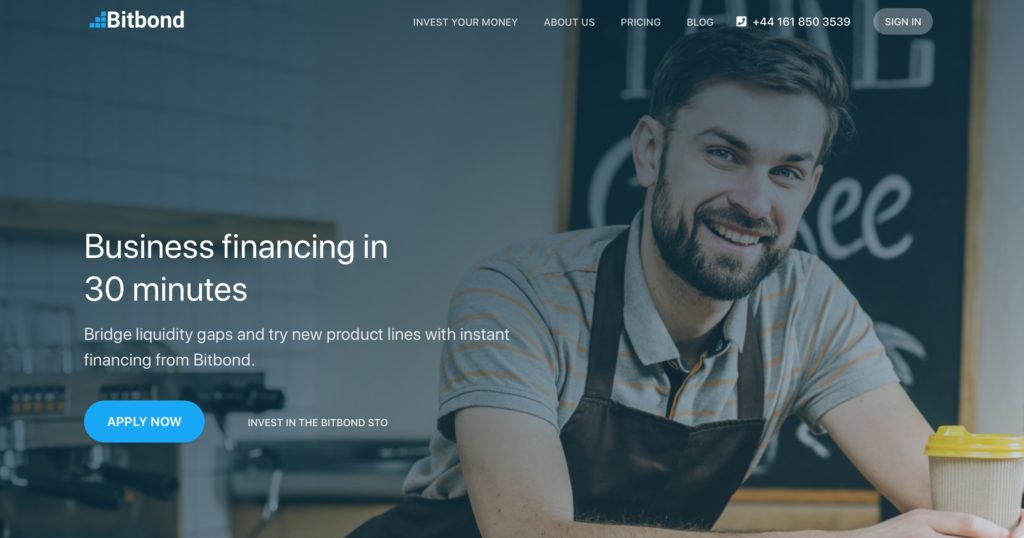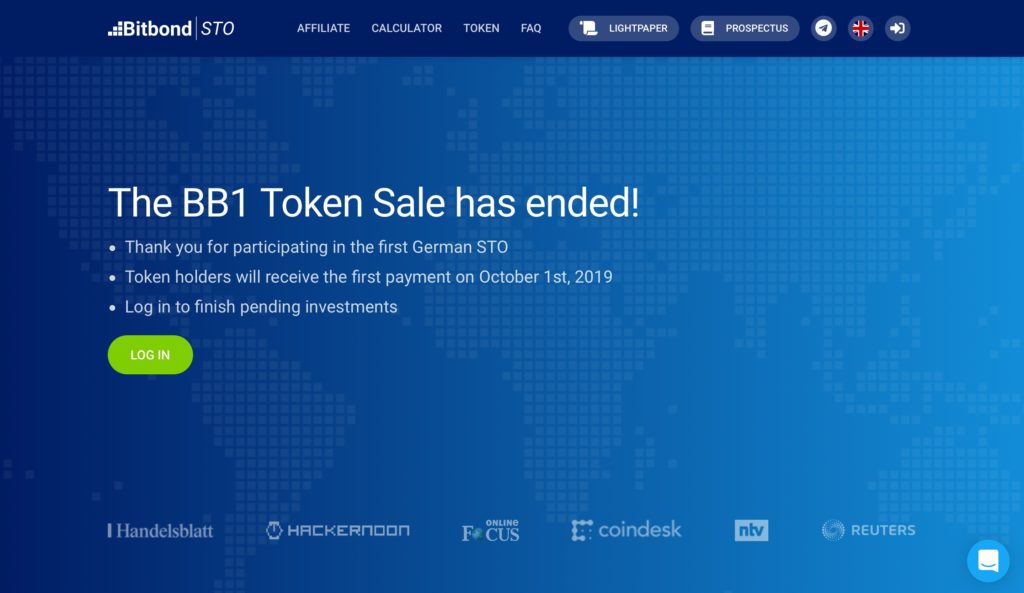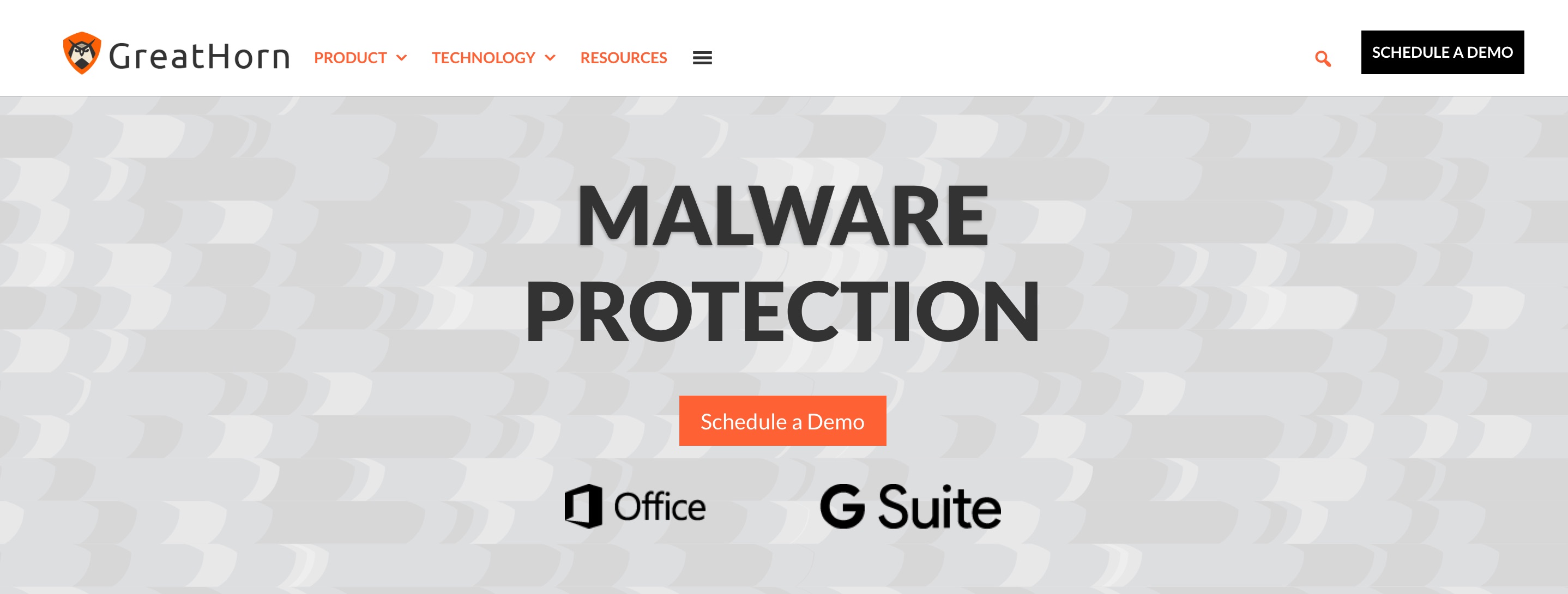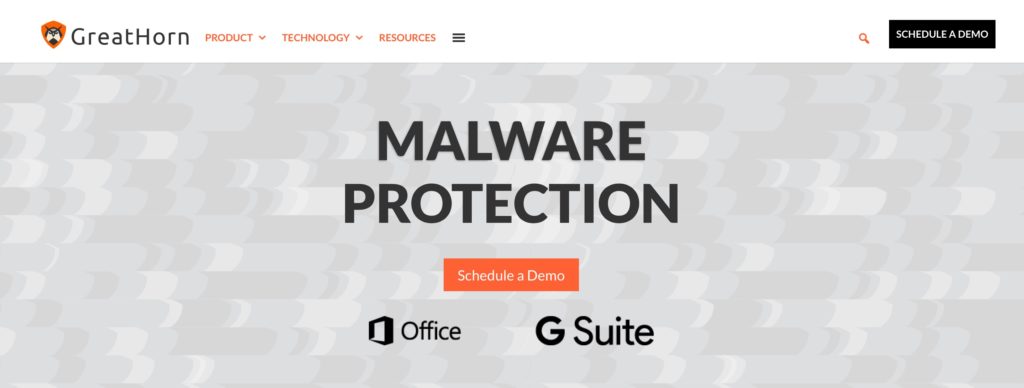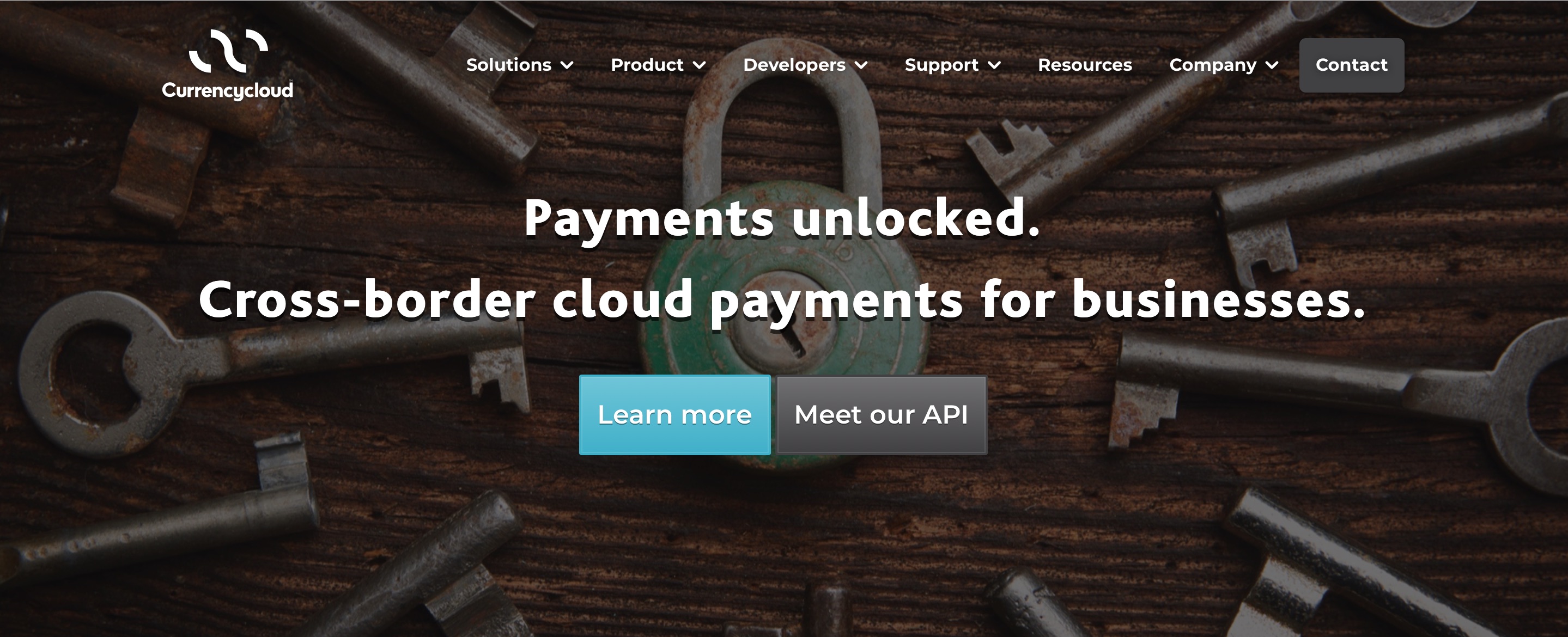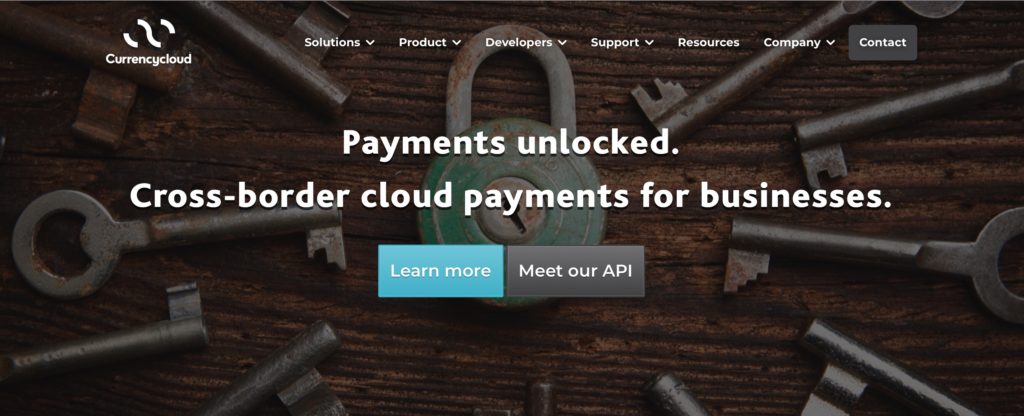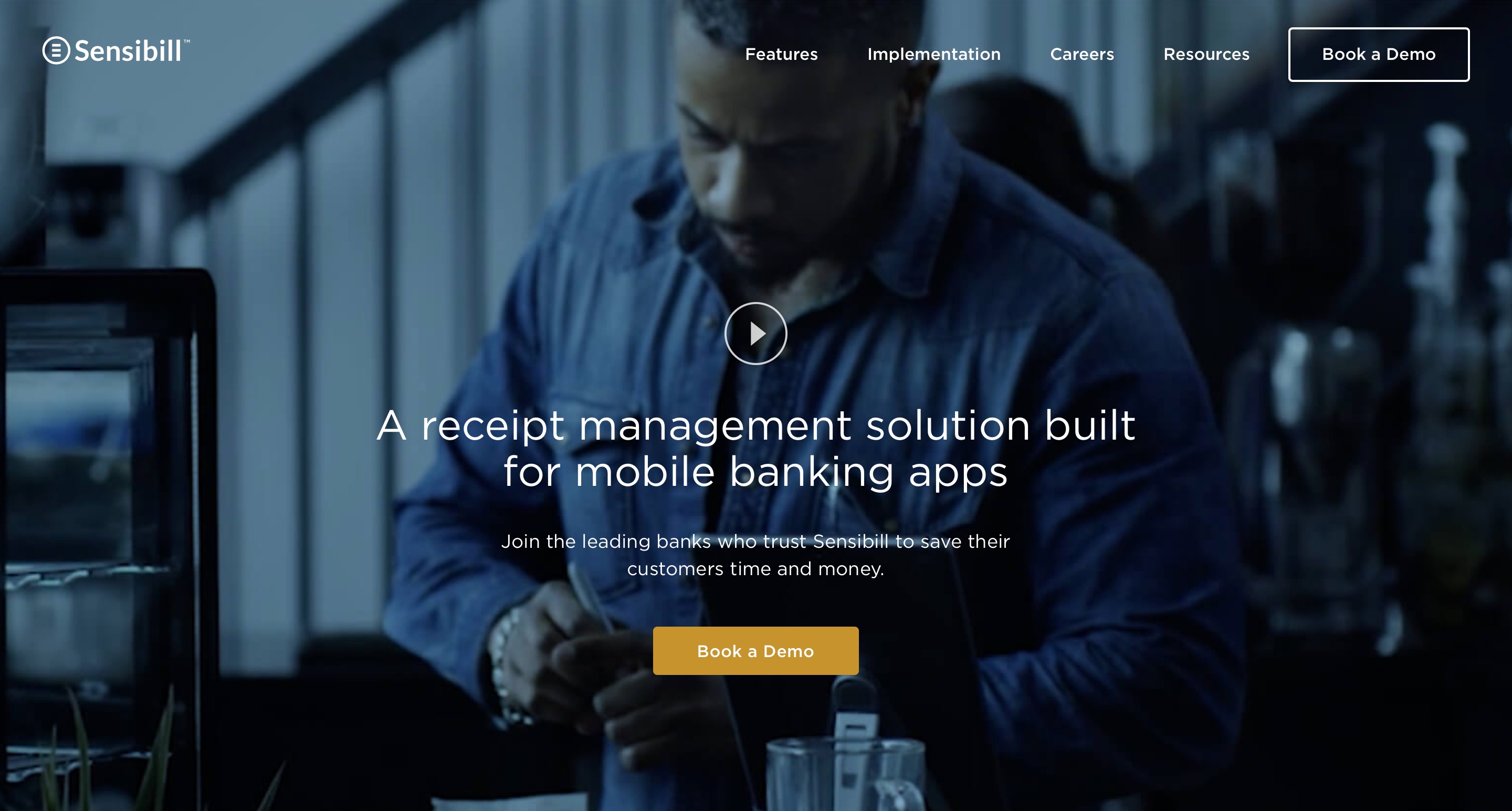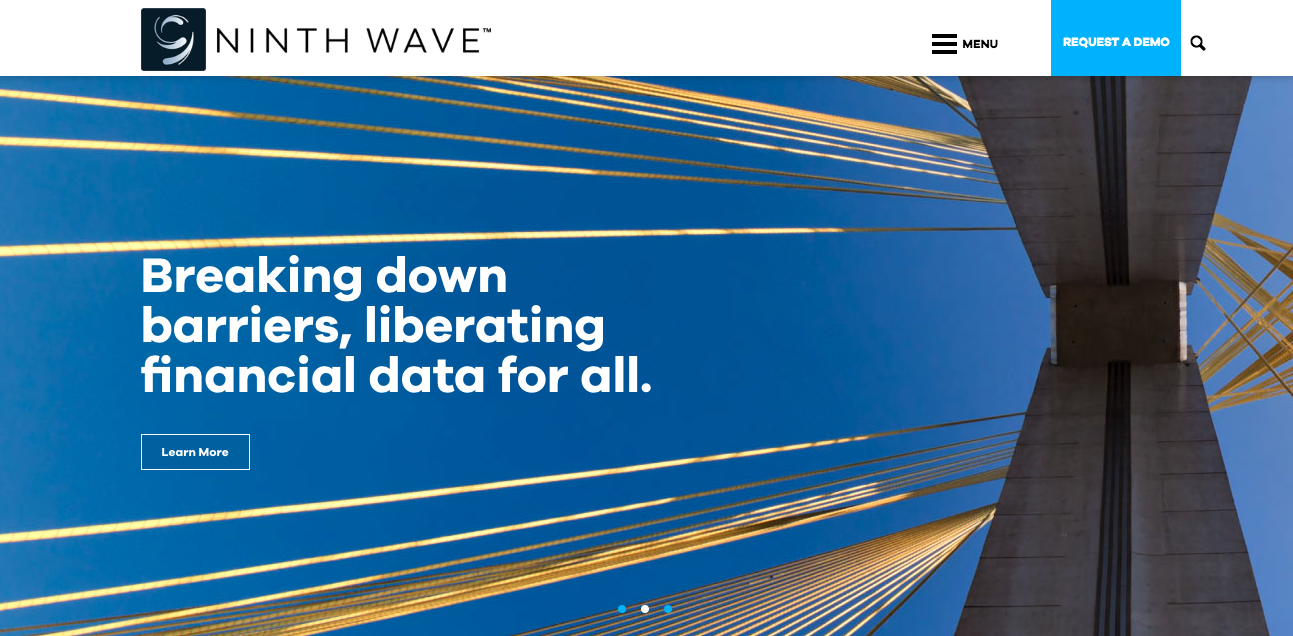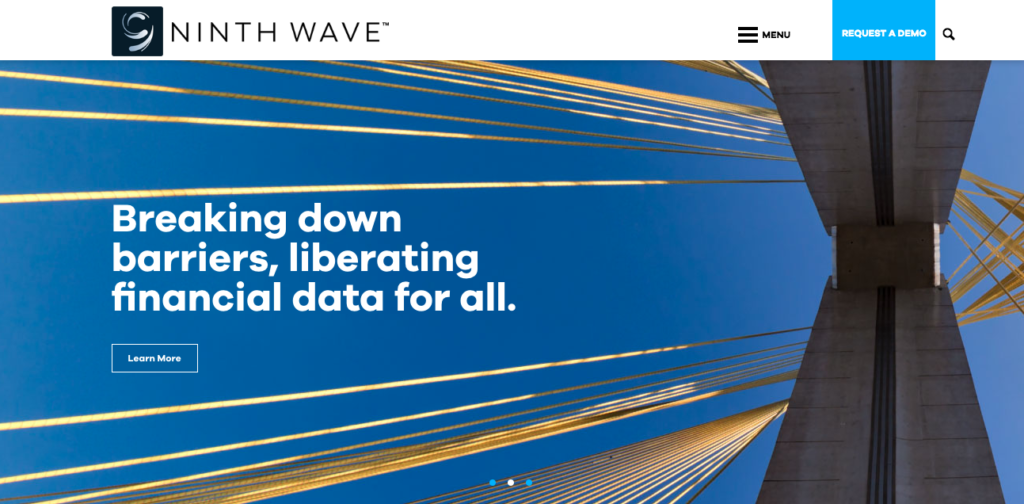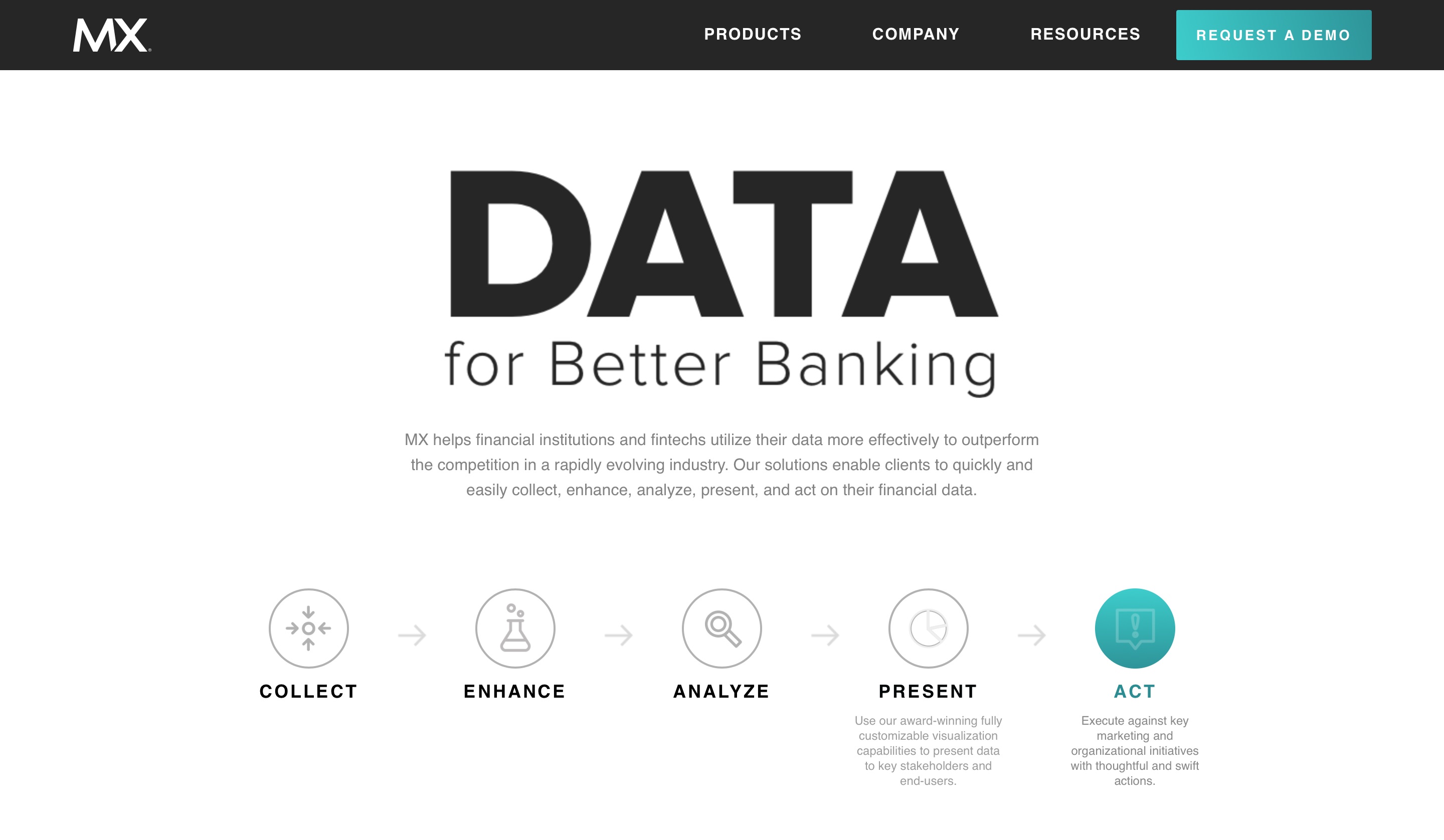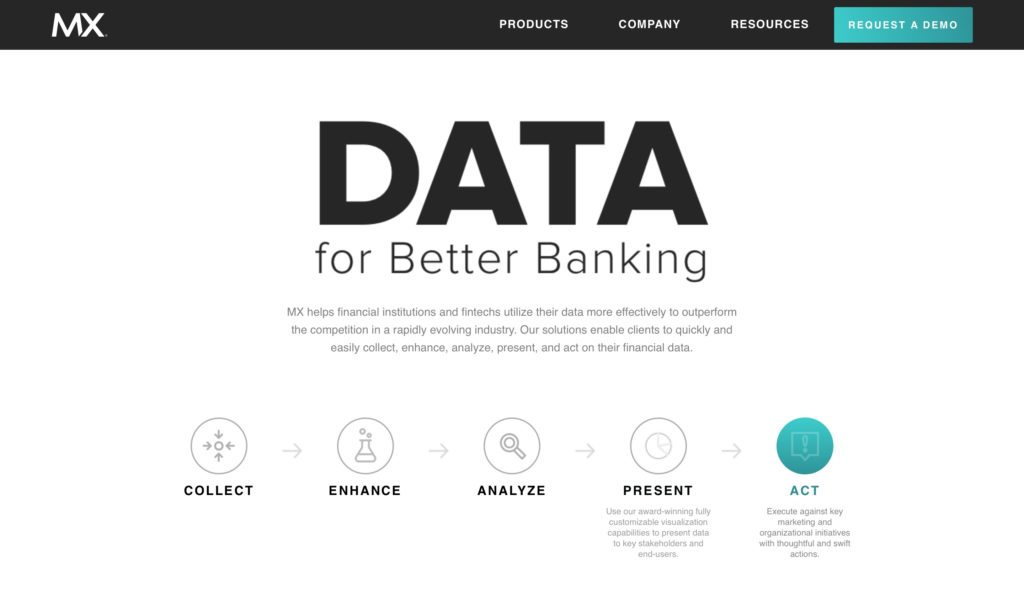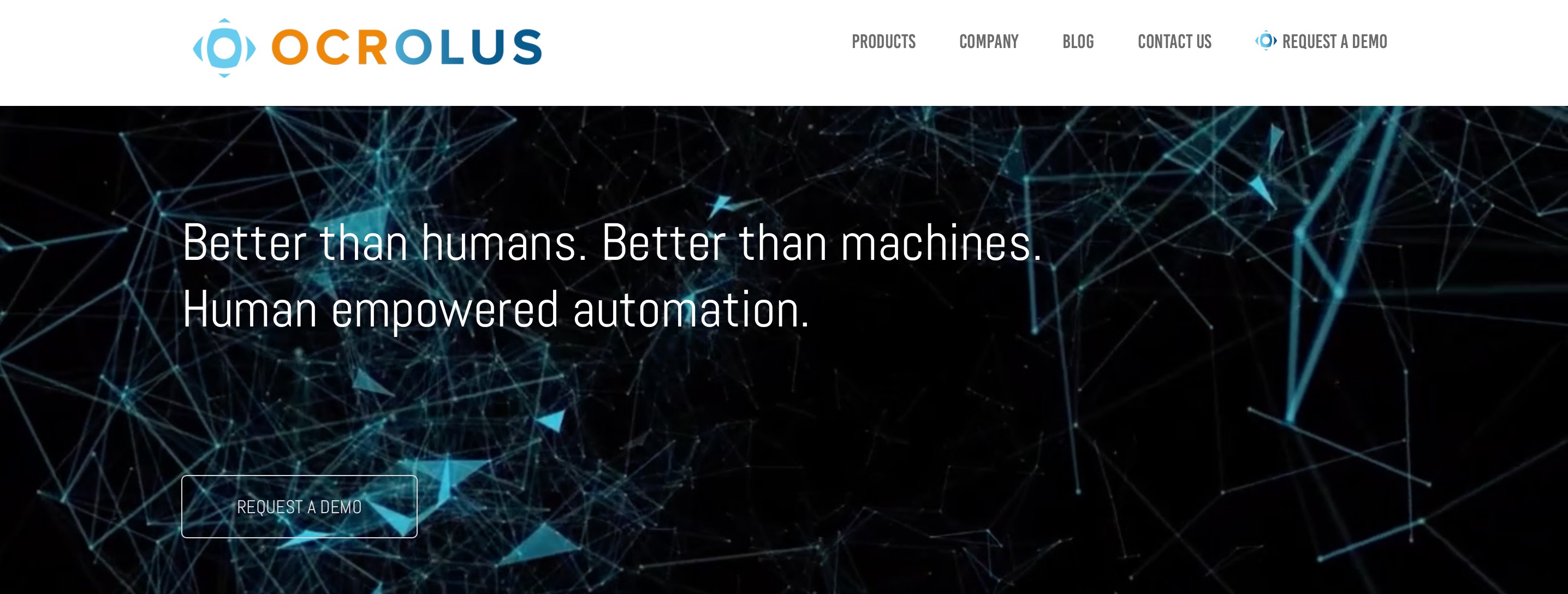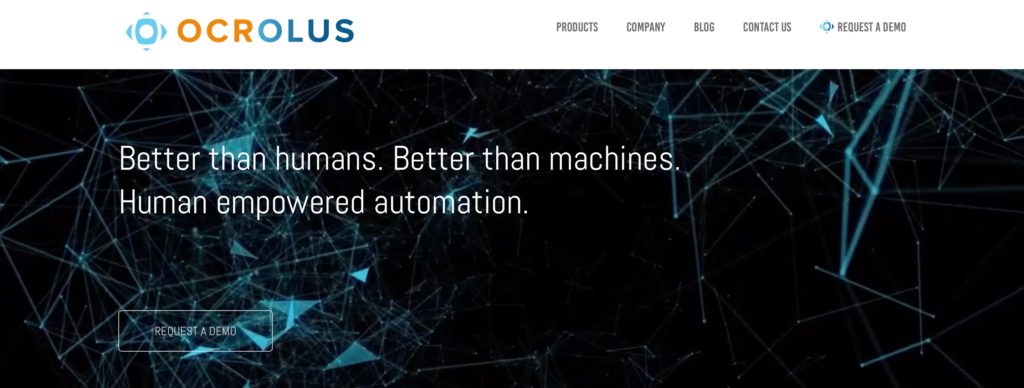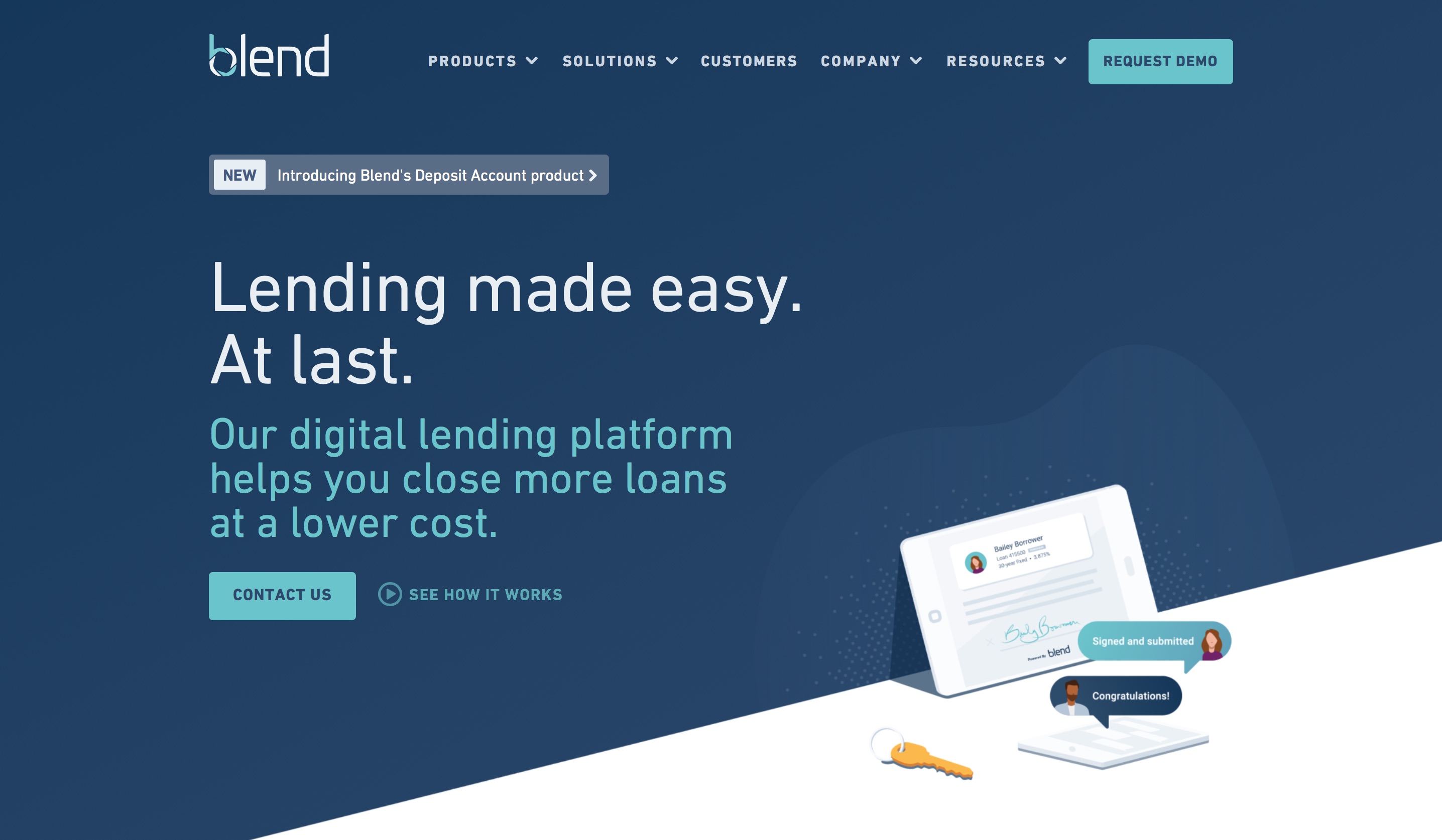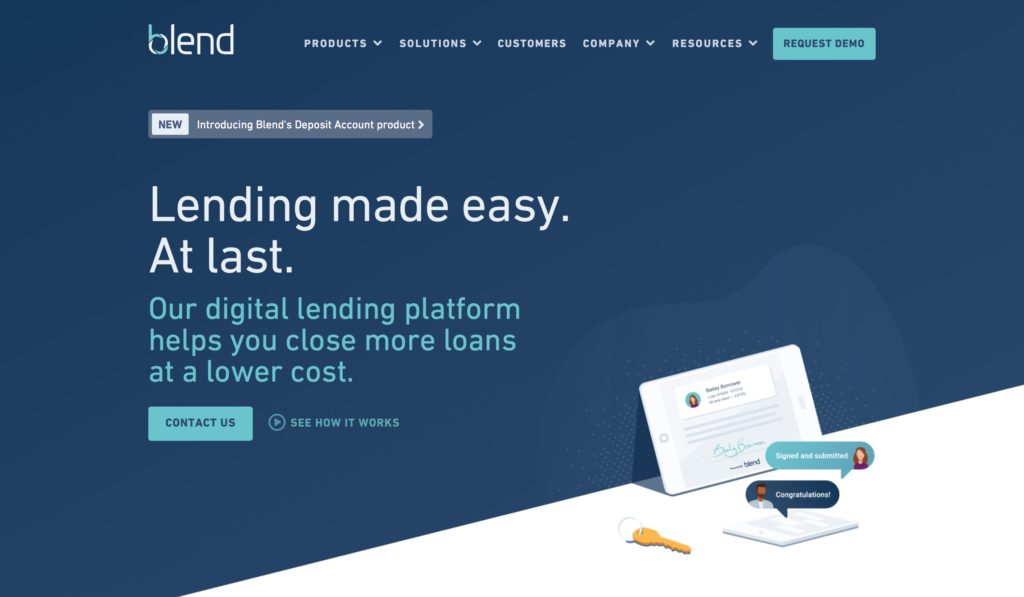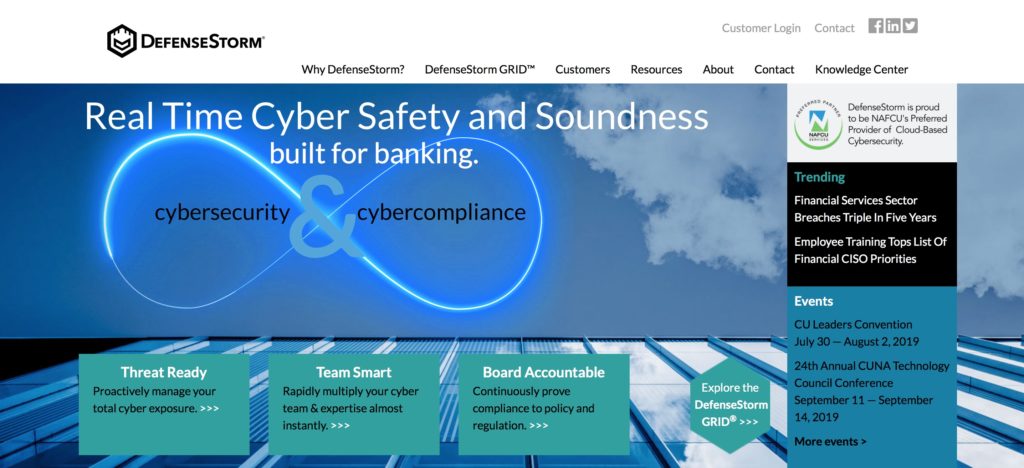
Cloud-based cybersecurity innovator DefenseStorm closed a $15 million equity funding round this week. The Series A was led by Georgian Partners, a growth equity firm with an emphasis on companies that leverage applied and conversational artificial intelligence. In addition to the new capital, which takes DefenseStorm’s total funding to more than $29 million, the company will collaborate with the Georgian Impact team to accelerate the adoption of these technologies.
“DefenseStorm is growing rapidly, and our primary goal is not only to ensure that we take care of both our current and potential customers, but also that we invest in our employees and the innovation they continue to bring to the table,” DefenseStorm CEO Harold Brewer said. “We are thrilled to have the support of the Georgian Impact team and look forward to a lasting partnership benefitting the entire cybersecurity community.”
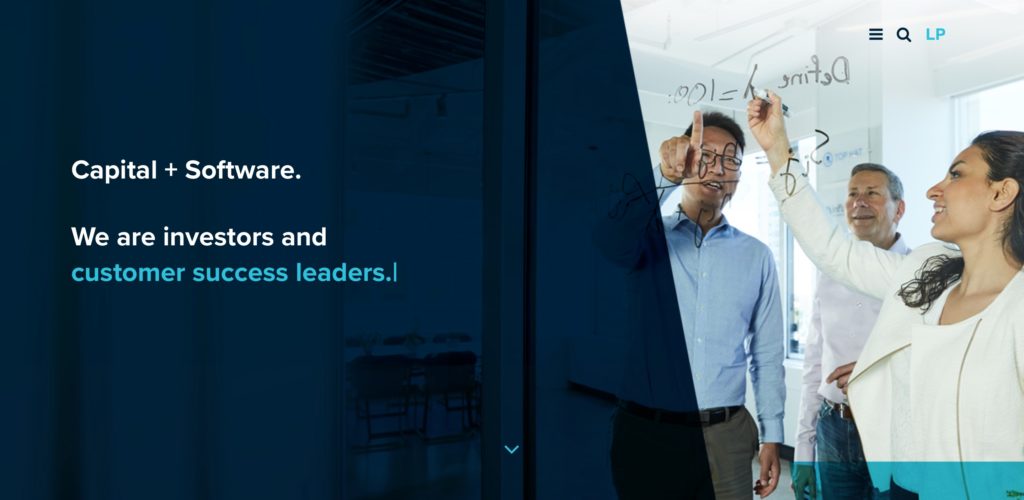
As part of the investment, Georgian Partners Managing Partner Justin LaFayette will join DefenseStorm’s board of directors. Chief Technology Officer for Georgian Partners Mads Mihailescu praised DefenseStorm’s “deep domain expertise” and noted that the partnership has “already identified a number of opportunities to further accelerate new product capabilities.”
DefenseStorm demonstrated its PatternScout anomaly detection engine at FinovateSpring 2017. The technology uses advanced machine learning to identify suspicious behavior patterns, and provides automated alerts to enable administrators to stop cyberattacks before they spread.
The company is also an alum of our developers conference, having presented a discussion on best practices for fintechs in securing the cloud, Cloud Security Fundamentals, at FinDEVr Silicon Valley 2016.
Named a Top 40 Innovative Technology Company by the Technology Association of Georgia at the beginning of the year, DefenseStorm announced a partnership with Heritage Trust Federal Credit Union in April. Per the agreement, DefenseStorm provided the Charleston, South Carolina-area credit union with a strategic technology platform to enable it to proactively manage cyberexposure and risk. Other recent partnerships announced by DefenseStorm include a collaboration with Alogent and a preferred partner pact with NAFCU.
